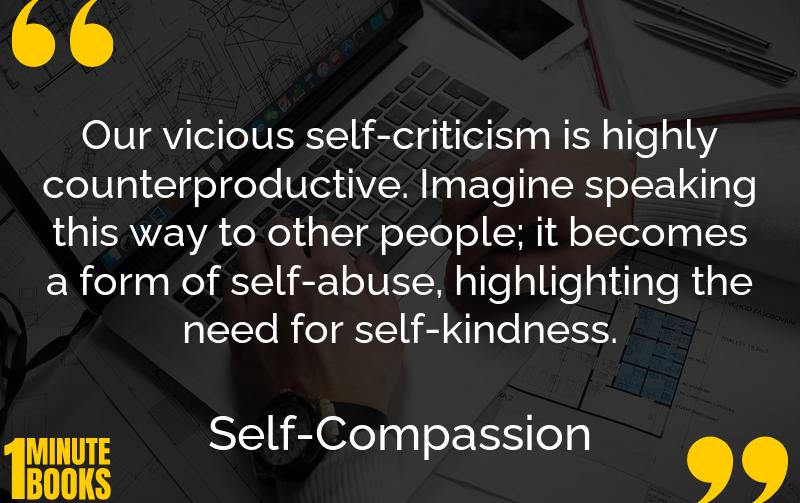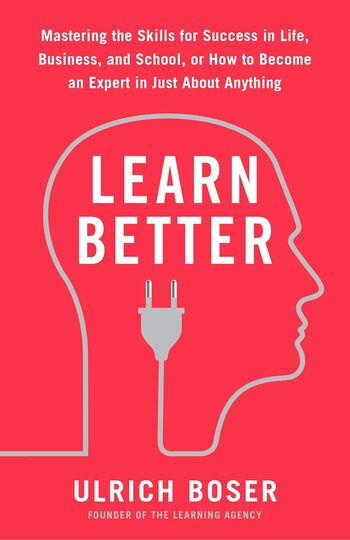
Self-Compassion by Kristin Neff explores how self-criticism undermines personal well-being. The book advocates for self-compassion as a kinder, more productive approach to self-improvement.
Main Lessons
- We are often excessively self-critical, a behavior rooted in childhood experiences and societal pressures.
- Self-criticism may motivate, but it primarily causes anxiety and self-doubt, hindering success.
- Harsh self-criticism is akin to self-abuse, potentially leading to depression and diminished self-worth.
- Self-compassion offers a healthier alternative, promoting kinder self-treatment and personal growth.
- Mindfulness helps us recognize and acknowledge our suffering, setting the stage for self-compassion.
- Practicing self-kindness can seem odd due to societal norms of toughness, but it has genuine benefits.
- Self-compassion creates psychological space between us and our pain, improving perspective and coping.
- Recognizing shared humanity helps counter perfectionism and strengthens self-acceptance.
- Self-criticism can prompt self-compassion when we address our unmet needs with supportive actions.
- Adopting a holistic view of oneself incorporates strengths and weaknesses for balanced self-reflection.








